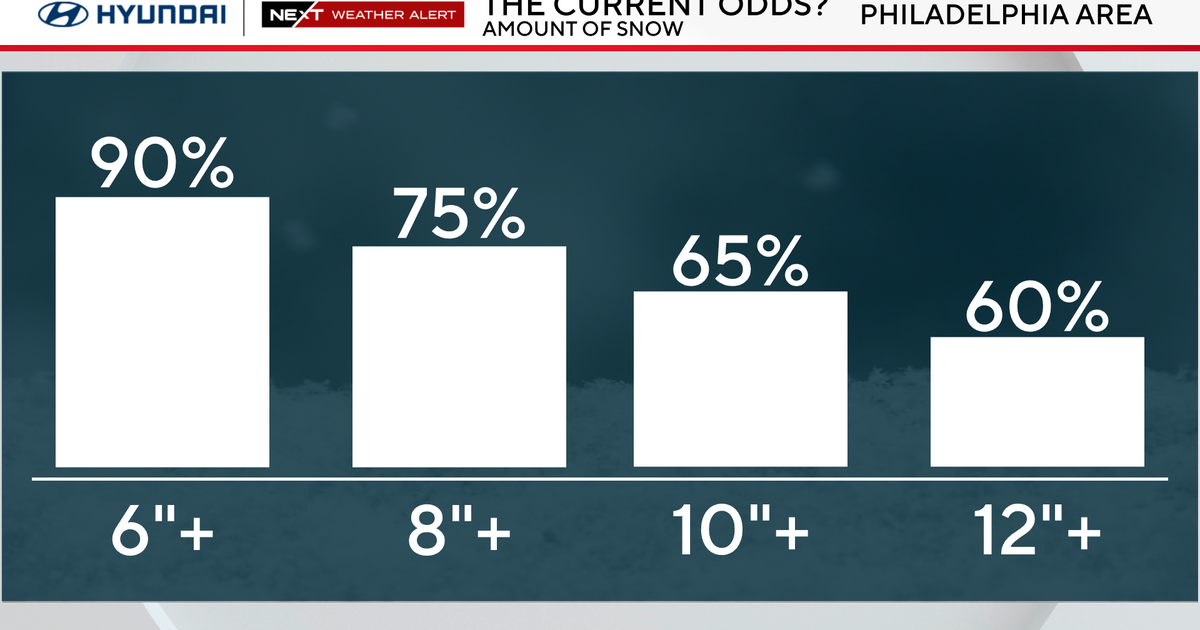Should you lock in a home equity loan rate with inflation cooling? Experts weigh in
The latest Consumer Price Index report shows that inflation in April was 3.4%, a 0.1% drop from March. While that drop isn't as significant as many people hoped for, any improvement to the inflation rate is a welcome one in today's economic environment. After all, a drop in the inflation rate means we could be making headway, which could result in lower borrowing and consumer goods costs at some point down the line.
But even with inflation still persistent, and borrowing rates still high, many homeowners are thinking about tapping into their home's equity right now. After all, the average homeowner has $299,00 in equity currently, and that home equity can be borrowed against at a low rate compared to many other loan options using a home equity line of credit (HELOC) or a home equity loan.
But when it comes to home equity loans in particular, you can use these fixed-rate loans for nearly any purpose, such as paying down high-interest debt or making home improvements. However, does it really make sense to lock in a home equity loan rate now while inflation is cooling? Here's what you should know.
Compare your top home equity loan options and get started now.
Should you lock in a home equity loan rate with inflation cooling? Experts weigh in
Here are some reasons that locking in a home equity loan rate now could be a wise move, according to some experts.
You can protect against future rate increases
Locking in a home equity loan rate now could protect you from today's uncertain rate landscape — one in which future rate hikes could still be on the table.
"Given the current economic landscape and the potential for interest rates to rise, locking in today's home equity loan rates can be a wise decision," says Ralph Adamo, ChFC, CEO and founder of Integrity Wealth Management. "By securing a fixed rate now, borrowers can avoid the uncertainty and potential cost increases associated with future rate hikes."
After all, the current inflation rate is still higher than the Fed's 2% target. And, if inflation stays high or grows in the future, future rate hikes aren't off the table as had been expected at one point early in 2024.
"While inflation has certainly taken a turn for the better, there's currently no consensus on when the FOMC will move interest rates again," says John Darby, certified financial planner and associate at Graham Capital Wealth Management. "If — and it's a big if — a person locked in fixed rates today and the next move out of the FOMC is a rate increase, then they'd be in a better position than waiting."
But if you lock in a home equity loan rate now, you can avoid potential rate increases if they happen in the future. That's because home equity loans come with fixed rates, so the rate you get when you take out your loan will remain your interest rate until your home equity loan is repaid or you refinance it.
Adamo says a home equity loan's fixed rate is one big advantage it has over adjustable-rate loans like HELOCs.
"Unlike a HELOC, which has a rate that fluctuates based on economic conditions, a fixed-rate loan eliminates the risk of payment shocks due to rising interest rates," says Adamo.
Find out today's top home equity loan rates and learn more about your options here.
Rates are still lower comparatively
And, even in today's high-interest rate environment, average home equity loan rates are still lower than average rates for many loans and adjustable-rate products like credit cards. While the average rate for a home equity loan is currently 8.61%, the average credit card account assessed interest is 22.63%, according to the latest Federal Reserve data. In turn, opting for a home equity loan in today's rate environment can result in big savings compared to your other options.
It could also lead to big savings depending on how you use the home equity loan funds you receive. For example, by locking in a home equity loan rate now and using the funds to pay off credit card debt, you could save a substantial amount of money on interest.
And, making this move now instead of waiting to see what happens with rates in the future could be smart. After all, securing a lower rate on a home equity loan now could help you get rid of your high-interest credit card debt before a potential rate increase leads to higher average credit card rates — and potentially higher home equity loan rates.
"A home equity loan might be worthwhile if you use the funds to pay off other loans at higher rates, such as credit card debt or unsecured personal loans," says Larson Patty, a certified financial planner and EA at Rothman Investment Management.
The bottom line
While inflation cooled last month, there's still a possibility that the Fed could increase rates in the future to try and temper inflation, especially if it stays higher than is optimal. But if you have enough equity in your home and need to borrow money, locking in a home equity loan rate now protects you against potential rate increases that could occur in the future. It can also help you refinance variable-rate debt like credit cards to a lower-rate loan. That said, before you take out a home equity loan, consider the advantages and disadvantages, as defaulting on what you owe can have big consequences, including losing your home to foreclosure.






